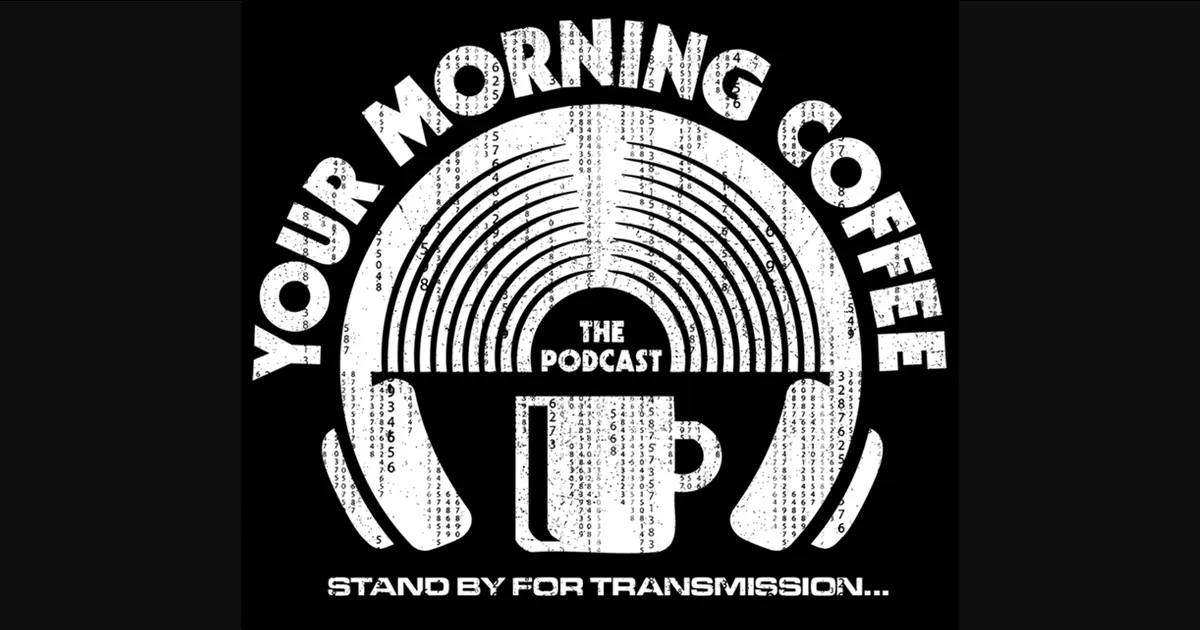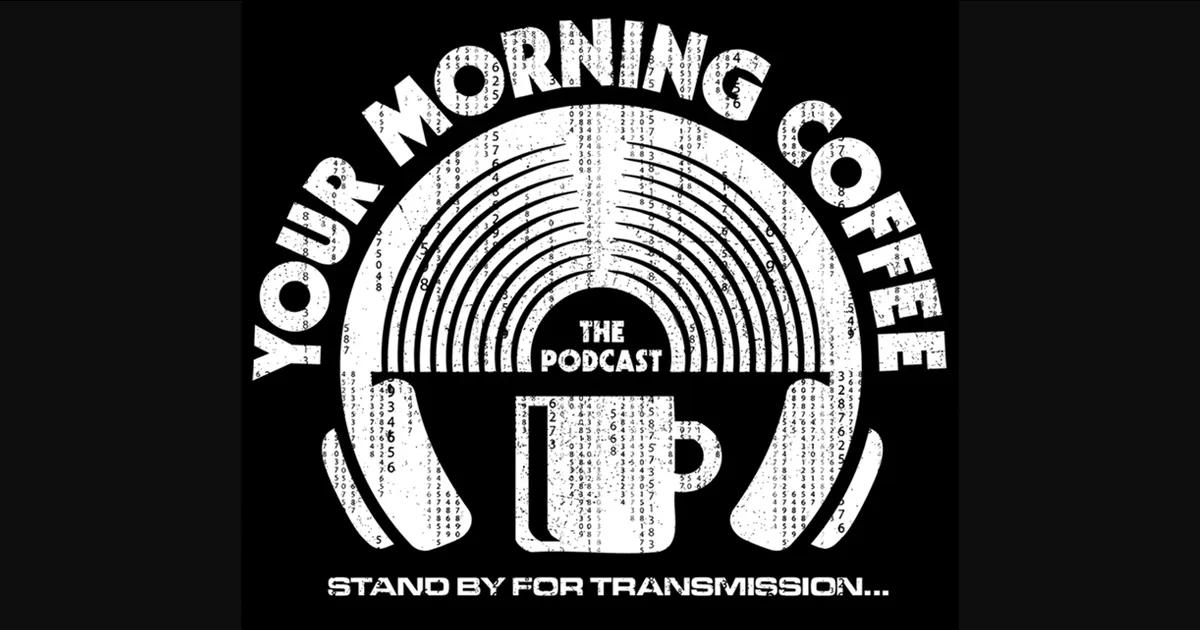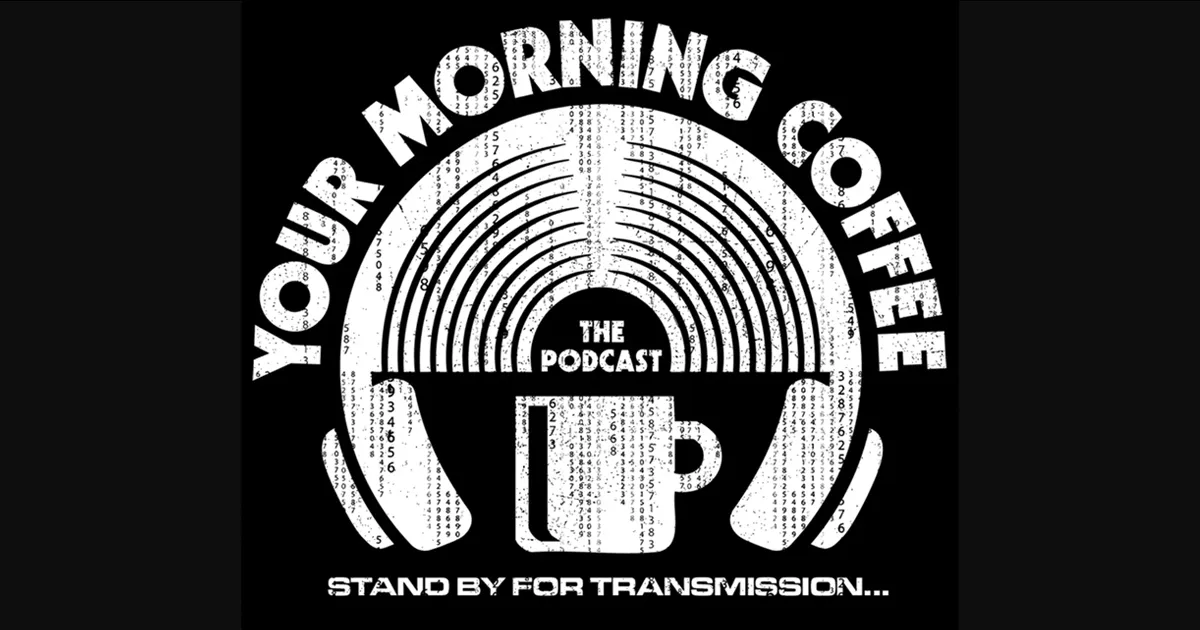HuffPo Pulls Post Critical Of Spotify – Read It Here
"Artists Rights advocate Blake Morgan (#IRespectMusic) published a story in the Huffington Post this morning critical of Spotify", writes David Lowery on his Trichordist blog. "The story was rapidly gaining. Continue reading [https://www.hypebot.com/hypebot/2018/01/huffpo-pulls-post-critical-of-spot




